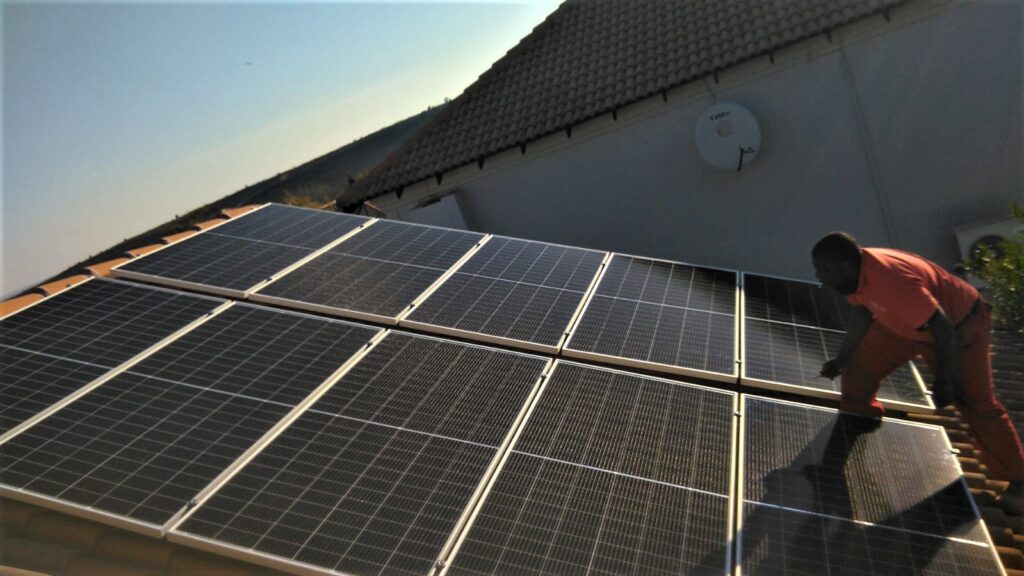Grid-tied Solar Systems – an entry-level start to going off the grid

Supplied by Wilster Energy & Communications
The current poor status of the national power grid in South Africa is leading to more and more people investigating their options to go off the grid – meaning, to be self-reliant on meeting their electricity needs. Does that make sense, and is it really the way to go?
Of course that entirely depends on the user’s situation and the tariff they are paying. For large industrial companies, this certainly is a viable option. However, we find that for residential applications in an urban environment, going fully off-grid is prohibitively expensive and is largely unnecessary.
One option is to purchase a solar system with a large enough battery bank to at least cover one’s average night-time usage. This will make a household largely self-sufficient, but there will always be the option of using grid power if and when a higher than usual power requirement arises, or if rainy weather reduces the solar production.
So what exactly does grid-tied mean?
This is the situation when a household (or business) purchases panels and inverter, but not batteries, meaning that they remain partially reliant on the national grid to produce solar electricity. This entails a much lower investment, but still, it will still significantly reduce monthly electricity bills. The downside, however, is that by not investing in batteries, there is no backup power in case of load shedding or an unplanned power outage.
What are the options for homeowners right now?
Any home owner can purchase a grid-tied solar system for their own house in order to save costs. Such a system will then be sized for daytime usage, so that solar production can be used as it occurs. The system should include a management tool to avoid feedback into the grid.
If we are looking at complexes and estates, there is an option for a scheme-wide internal smart grid. This would mean contracting a private metering company to install smart meters at the complex and manage the complex’s individual meters.
This will then allow residents in the complex using the internal smart grid to offload excess solar production from their own system and receive compensation from the metering company. It basically means there are private companies out there a step ahead of government who can already deliver a smart metered grid within a gated community and provide a service which we hope will in the not-too-distant future be available for everyone.
In summary:
If a homeowner is not too worried about load shedding, but wants to reduce their electricity bill, a grid-tied solar system is the right way to go. Batteries can always be added on if required. If you live in a complex and would like to see a smart grid in your complex, speak to your trustees to investigate such a solution.
Did you know that a residential solar system can be financed through a further bond (or existing bond)? With the currently low interest rates this makes for a good value proposition.
It’s useful to know that, although not yet available (except in Cape Town), there are talks underway for legislation that would allow for feedback into the national grid and re-imbursement for power produced by an individual’s solar system. We trust that the powers that be are looking at solar energy favourably and will find a good solution for the future.


Sorry, the comment form is closed at this time.